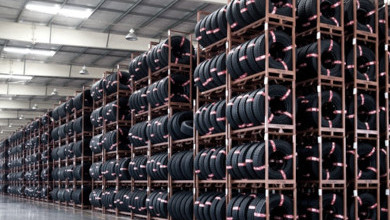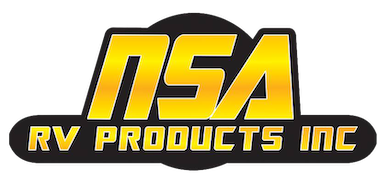Rubber Scarcity Creates New Headaches for Automakers

Automakers struggling with pandemic-induced plant shutdowns and a global chip shortage are now confronting another supply chain headache: dwindling rubber supplies.
Snarled shipping lines are disrupting the movement of natural rubber, a key material used in tires as well as components under the hood. With the global supply already running short following stockpiling by China and a devastating leaf disease, rubber prices are on the rise and some U.S. auto suppliers are rushing to secure shipments before the market gets squeezed further.
As companies in virtually every market grapple with shortages, perhaps no industry is being hit harder than autos. Multiple plants have been idled by a semiconductor crisis that’s costing tens of billions of dollars in lost revenue, while materials from seating foam to metal to plastic resin are also becoming harder to find. The industry, which has long relied on just-in-time manufacturing to reduce costs, is finding it has limited flexibility to deal with supply chain disturbances wrought by the pandemic.
The rubber shortage threatens to further disrupt vehicle production just as demand rebounds and the Biden administration douses the U.S. economy with $1.9 trillion in stimulus spending. And rubber problems could prove particularly thorny because the trees need seven years to mature, making it unlikely the supply will quickly bounce back.
Click here to read the full story from Gabrielle Coppola and Randy Thanthong-Knight at Bloomberg.com.
“It’s like paper towels early on during the COVID crisis,” said Steve Wybo, who heads the auto practice group at consulting firm Conway MacKenzie outside Detroit. “If you can get your hands on some plastic, or some rubber, you’re going to order more than you need because you don’t know when you’re going to be able to get it next.”
Carmakers including Ford Motor Co. and Stellantis NV, formerly known as Fiat Chrysler, said they’re monitoring the rubber situation but have yet to feel an impact. General Motors, similarly, said it isn’t worried about its rubber supply. France’s Michelin, one of the world’s largest tire makers, is skirting port congestion by using air freight shipments direct from Asia.
But for suppliers reliant on U.S. distribution, rubber is already a concern.



